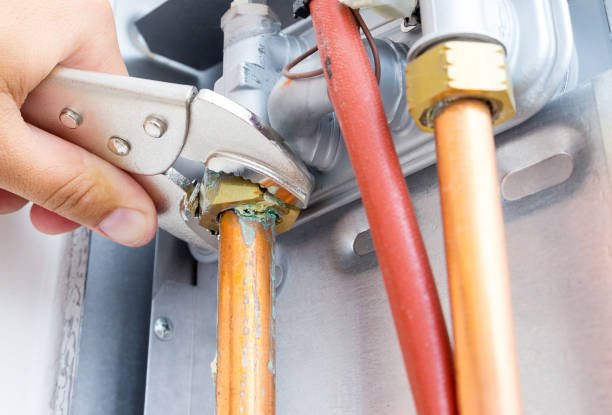Most people use gas appliances from boilers to fires to cookers without any major problem, but, like any energy appliances, they can be dangerous when an unqualified person works on them.
Just as you wouldn’t want an unqualified electrician servicing your electrical appliances, you can avoid taking risks with gas by making sure that any professionals who come in to carry out work have Gas Safe accreditation.
This point was highlighted by Gas Safety Week, which ran from September 11th-17th. This annual event, which will be repeated next year from September 9th-15th, campaigns to improve gas safety by encouraging people to take a series of sensible steps.
Among these is to carry out an annual gas safety check, to make sure whoever works on your appliances is Gas Safe registered and shows you their Gas Safe ID Card (anyone with registration will have it and happily show it). Check both sides of the card to confirm their full details.
The week also provided a number of other Gas Safe tips, such as knowing the signs that an appliance isn’t working. These include excess condensation, a flame being orange rather than blue and black marks or stains around the appliance. People should also know the signs of carbon monoxide poisoning, such as dizziness, nausea and headaches.
In addition, you will need to be sensible and not use gas appliances for the wrong purpose, like trying to heat a room, while you shouldn‘t block vents. And you should know the emergency procedure and never hesitate to call out an expert when needed.
With prime minister Rishi Sunak announcing amendments to government energy policies that had previously included a focus on phasing out gas – including a new pledge that a fifth of households will never have to replace their gas boiler – it is clear gas is here to stay for a long time yet.
That means to stay safe, you should go on practicing gas safety this year, in 2024 and long into the future.

